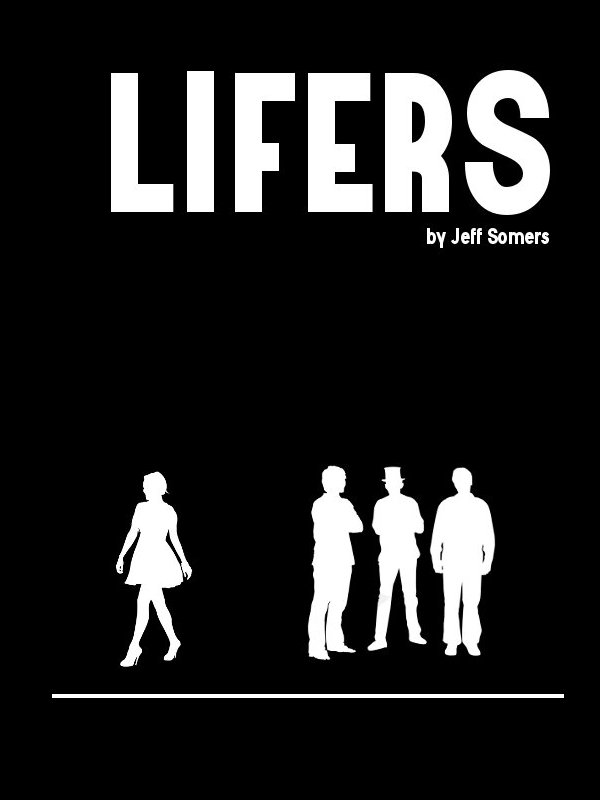Leave Yourself Hanging

Inspiration is a tricky thing. I think every writer has had the unfortunate experience of having what seems like a fantastic idea that then melts like an ice cream in the summer sun—the more you try to pull it onto the page or screen, the less solid the idea becomes, until it’s gone and you’re weeping while sipping from an unmarked jug of homemade wine.
It’s bad enough when this happens at the outset, and you can’t even get a story going. What’s worse is when you’re deep into a story and suddenly the ideas run dry. For me, this happens most often after I tie off a Big Moment or a challenging sequence in the plot; I hit CTRL-ENTER to start a fresh page for the next chapter or scene and … nothin’.
One little trick I’ve developed to guard against this is simple enough: I always stop writing when I still have one idea for what happens next.
Peeking Around the Corner
I have a need to finish things. It might be a mental disorder, the science is unsettled, but when I begin a story I have a burning need to finish it even if it’s terrible. This compulsion starts off weak and gets stronger as I progress; I can quit a story easily enough when I’m 300 words in, but when I’m 10,000 words it’s almost impossible, because I know that with some shitty writing kung-fu I can turn it into a half-assed novella and call it done.
When I was a younger writer, living off of lite beer and hot dogs, one side-effect of this compulsion was that I would keep working at night until I’d finished a scene, finished however far into the future I could see on that particular story. And then the next day I’d wake up hungover and pantsless in some dumpster, creep home and try to pick up the story again, but since I’d in a sense “finished” the night before, my brain would deliver up a succession of flatlines.
Today, I always stop just shy of “finished.” In other words, I stop working on a scene when I still have a button that I know will go on the end, or before I’ve written the final exchange with some revelation. In short, I stop while I can still see the path ahead of me, even if for only a few steps.
The effect is simple: When I start working next, I can immediately dive in and start working. I don’t have to come up with my next move, because I already know it. This doesn’t guarantee that the inspiration will just flow from there, but my track record has been a lot better since I started to leave myself hanging a bit every night.
My improved inspiration may also have something to do with the introduction of leafy greens into my diet, of course, but no one’s done any studies on the effects of scurvy on creativity so, again—the science is unsettled.









